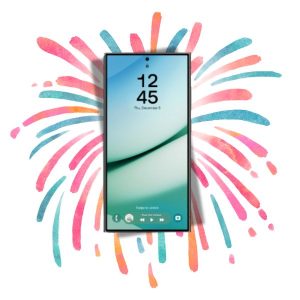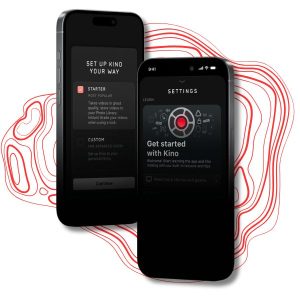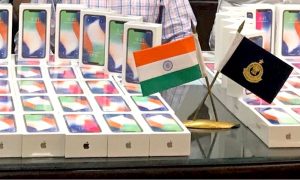Sprint Scolded for Saying Its Unlimited Plan Is Better Than Verizon’s

Domestic wireless carriers including Verizon, T-Mobile, AT&T, and Sprint have long engaged in guerrilla style marketing tactics in a bid to bolster their user base and flaunt their respective networks as second-to-none.
This week, however, it was Sprint who found itself in the crosshairs of an independent investigation that was conducted by the National Advertising Division (NAD), a self-governing agency which regulates the advertising industry.
After months of letting out ads in which it systematically criticized Verizon’s network, suggesting that its own unlimited data plan is better on several metrics than Verizon’s, NAD strongly advised Sprint against forging on with those claims given that they’re not only misleading to customers, but inherently untrue.
NAD’s ruling — which is not legally binding, but more of a highly-publicized ‘slap on the wrist’ — came in response to multiple Sprint TV ads in which the carrier repeatedly made claims that Verizon’s unlimited plan was not only more expensive, but also inferior to its own (claims which Big Red vehemently denied, and for a good reason).
The two advertisements in question, which include ‘Draggin’ Maggie’ (shown here), are no longer airing on national television but Sprint conceded that it will keep the agency’s recommendations in mind when crafting future ad spots.
As BGR noted, among the laundry list of accusations Sprint leveled against Verizon was that Big Red’s network “has been slowing down since it began offering unlimited data services,” and that its unlimited plan costs “twice as much” as Sprint Unlimited.
The latter of those claims, though misleading, was ultimately upheld by NAD — but the agency strongly recommended that Sprint should “stop claiming” that its “unlimited experience” is overall better than Verizon’s, nevertheless.
While Verizon is sure to seize on NAD’s findings as yet another opportunity to flaunt its network as the very best, it’s worth noting that the agency’s conclusion is not legally binding on any front. In fact, the independent watchdog said, “decisions finding that advertising claims have been substantiated should not be construed as endorsements.”
Sprint’s Response
Meanwhile, in response to NAD’s analysis, Sprint issued the following statement of concession:
“While Sprint respectfully disagrees that the independent, third-party data it provided was insufficient to support its claim that there was a slowdown in Verizon’s download speeds in the period following the introduction of Verizon’s unlimited plan, Sprint will take NAD’s guidance into account when using all available data sources, including crowd-sourced speed test data, for future advertising.”
Let’s not forget that while Verizon and Sprint may very well continue in their efforts to promote their respective networks as better than the other, T-Mobile is the one who’s out there making big moves that may put both of them in their place, sooner than later.











